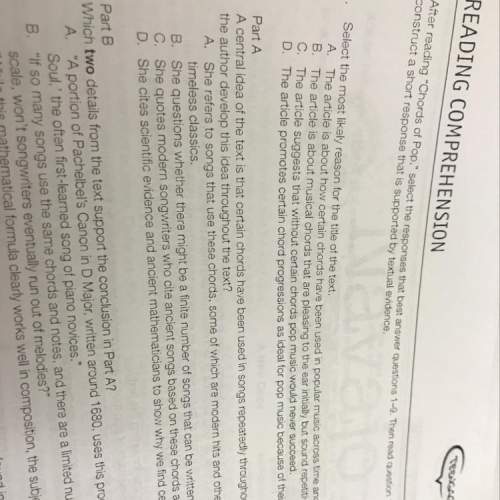
Word Bank: entertain, author's perspective, descriptions, explain, opinion, point of view, persuade, inform, author's purpose, judgment, evidence
Introduction:
Authors write for many purpose, or reasons. One purpose for writing is to (1), or give information on a topic, as in a newspaper article. The author presents facts and ideas in an organized way.
A second purpose for writing is to (2) how to do something. A recipe and a how-to article are examples of writing to explain.
Another (3) is to (4), to try to get others to hold a certain viewpoint on a topic. The author presents an argument and supports it with reasons and (5). Editorials and ads are two examples.
A fourth purpose for writing is to (6). Most works of fiction, such as novels and short stories, are written for an audience to enjoy. This is true whether the work is sad or happy, scary or funny.
No matter what the author's purpose, or goal, reading a piece of writing is a lot like meeting a new person. You discover the (7) , or (8) . How? You look at the language the writer uses.
When a fiction write describes a character, or when a nonfiction writer describes his or her subject, the words in the (9) convey a particular attitude, or tone. For example, the tone might be approving or disapproving, sincere or humorous. Sometimes authors show their perspective more directly, by clearly stating their (10) , or (11).
As you read, think about the author's overall purpose. Then look for words and phrases that reveal or suggest the author's perspective, as in the chart below.

Answers: 1


Other questions on the subject: English

English, 21.06.2019 20:30, hannahhh565
Which best defines a literary stereotype and its purpose in literary? a- a literary stereotype is a term used interchangeably with prejudice. b- a literary stereotypes creates conflict and contrast how a character may seem with who a character really is. c- a literary stereotypes has no purpose in literary in literary expect to reveal prejudice and express the views of an antagonist. d- a literary stereotype is a way for the writer to indicate whether a character is good or evil, a protagonist or an antagonist.
Answers: 3

English, 21.06.2019 23:40, SlickDrip
Key events - what happens? what do we learn about the character in this event? or how does the event change the character? what is the author’s message in each set of events you have identified? 1.bruno and his family move from berlin to auschwitz due to the move he learns of the camp which leads to another key event. 2.bruno meets shmuel when they meet, they become friends which in turn towards the end leads to their untimely demise.
Answers: 1

English, 22.06.2019 04:40, masonorourke
Judy blume's career as an american writer spans four decades and includes many literary awards. she is most famous for her novels geared toward pre-teens. one notable example is tales of a fourth-grade nothing. however, blume also has had success writing for an adult audience. three of her novels for adults reached the new york times best-seller list. in a 2008 interview blume remarked, "i have so many stories left to tell! " by that time she had written nearly 30 novels. judy blume is an exceptionally talented and productive american author. which of the following statements supports the main idea in this paragraph? blume only publishes books that she expects will win awards. blume prefers to write novels for adults rather than pre-teens. blume has had an extremely and uncommonly long writing career. blume is a gifted writer who can write for children as well as adults.
Answers: 1

English, 22.06.2019 06:10, ladnerhailey16
What is significant about the language in this excerpt from our town? select all that apply. it lacks specificity. it creates an enthusiastic tone. it makes weddings seem dull and uninspiring. it encourages the audience to make inferences about weddings.
Answers: 1
You know the right answer?
Word Bank: entertain, author's perspective, descriptions, explain, opinion, point of view, persuade,...
Questions in other subjects:

English, 27.01.2020 06:31

Mathematics, 27.01.2020 06:31

Mathematics, 27.01.2020 06:31

Mathematics, 27.01.2020 06:31

History, 27.01.2020 06:31

Mathematics, 27.01.2020 06:31

Chemistry, 27.01.2020 06:31

Spanish, 27.01.2020 06:31


History, 27.01.2020 06:31




